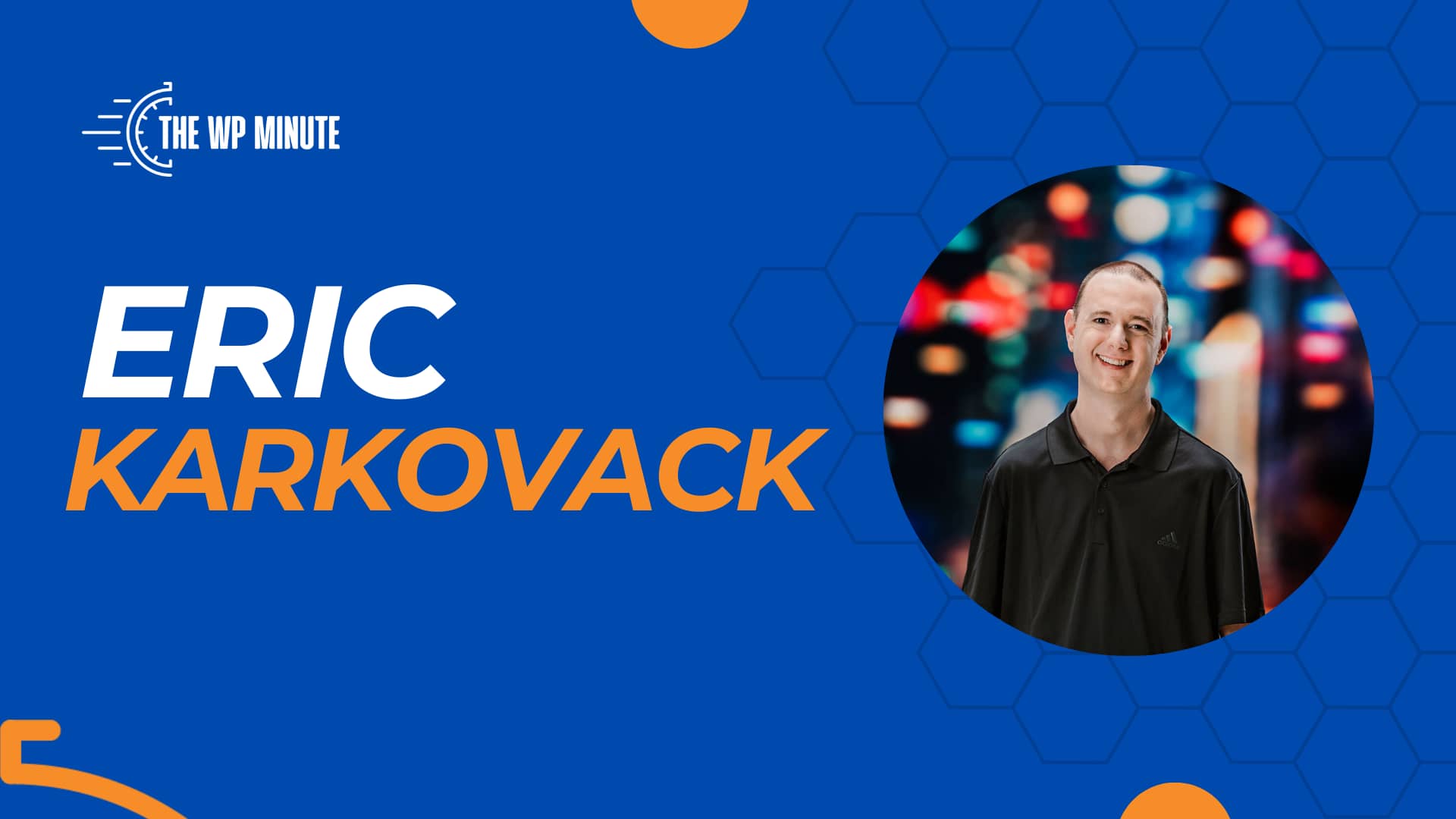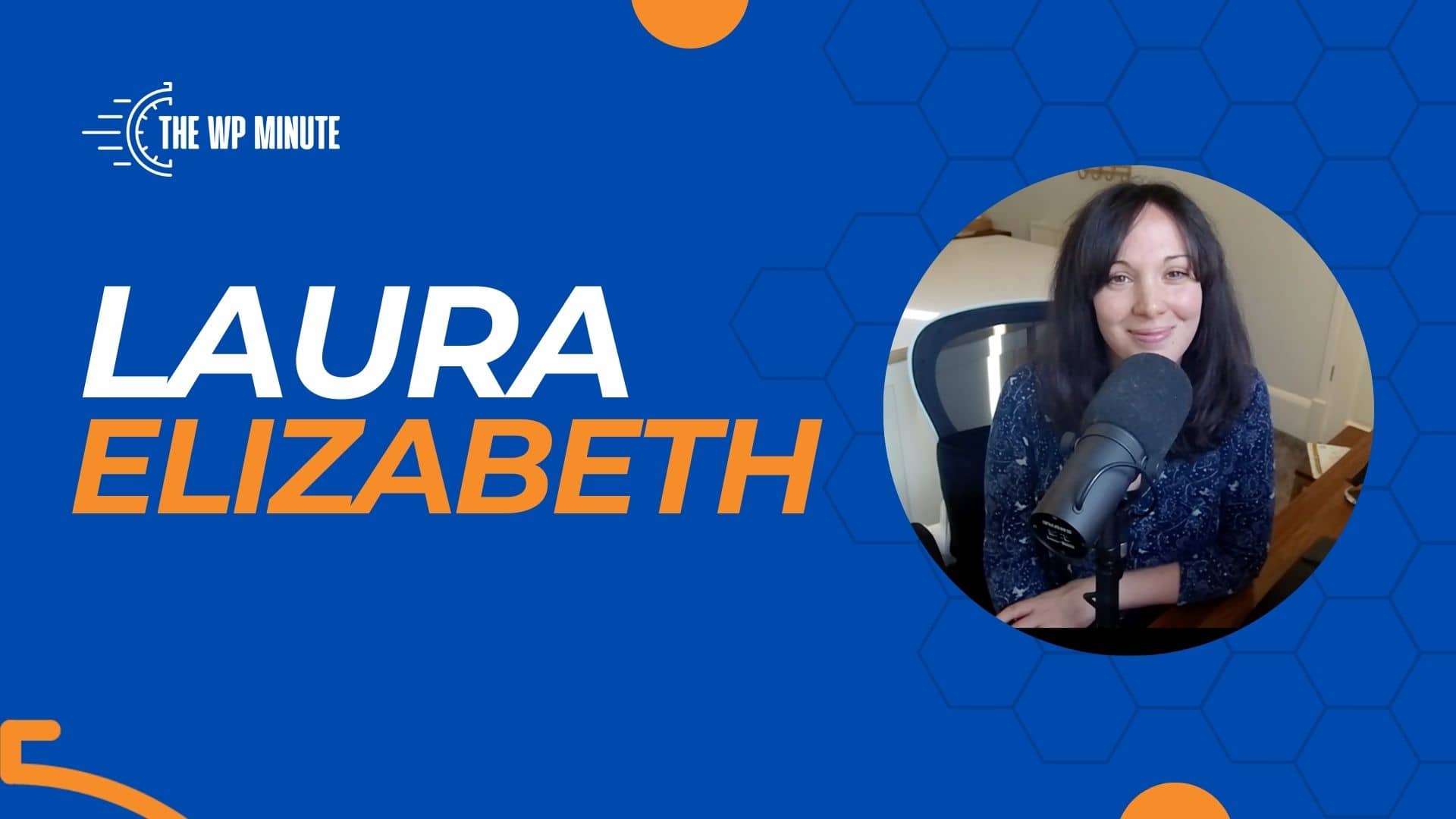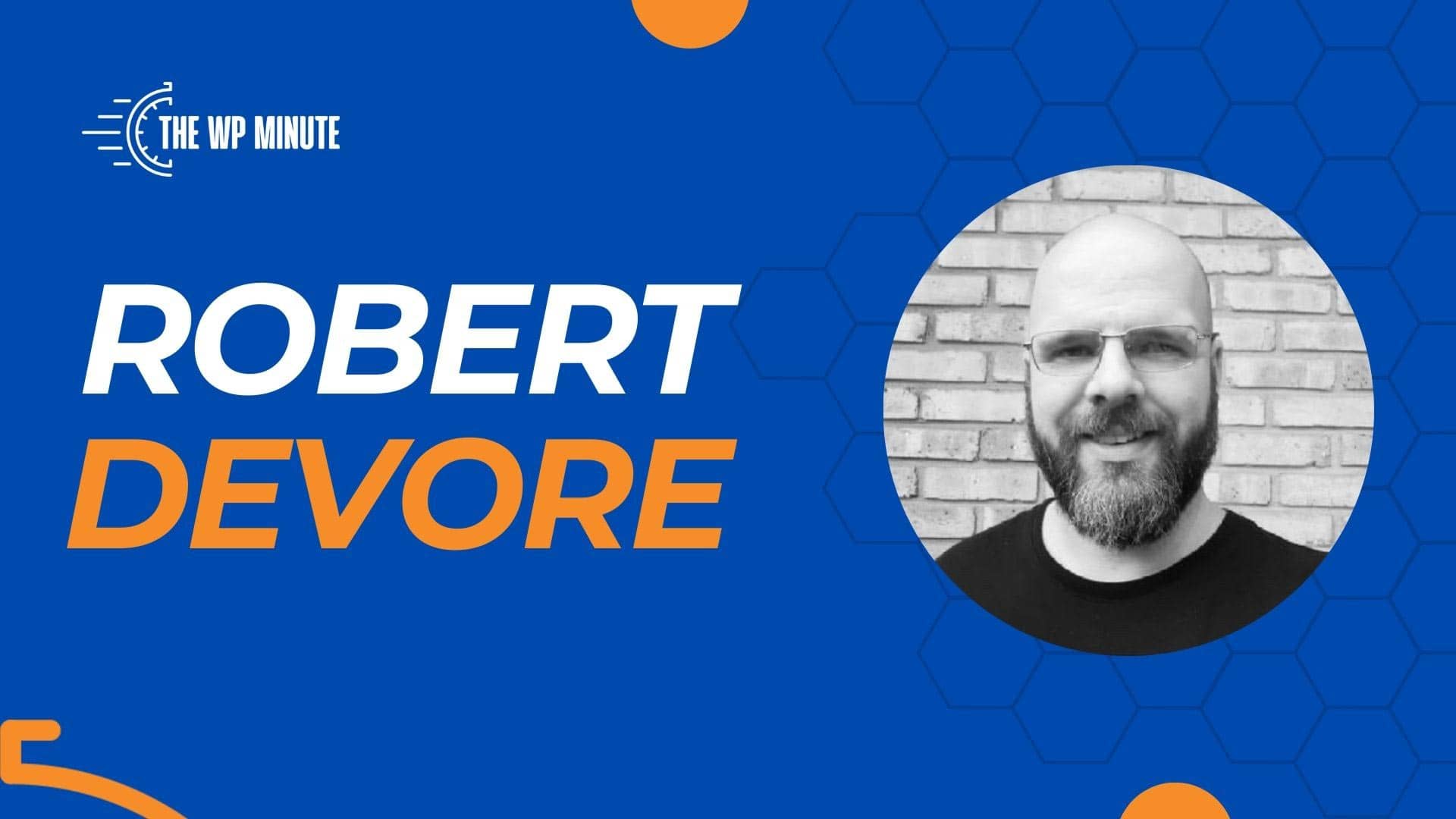AI-driven website builders, drag-and-drop platforms, and the constant noise around “the future of open source” have made it seem like WordPress might be losing its shine.
But if you’re a solopreneur, blogger, or small business owner, the truth is much simpler: WordPress remains one of the most cost-effective, reliable, and scalable tools for building your online presence.
This article is part of our ongoing series, The Case for WordPress. In our previous pieces, we looked at why developers choose WordPress for freedom and extensibility. This time, we’re shifting focus to the people who use WordPress every day to run their business, share their voice, or grow an audience.
For end users, it comes down to practicality:
- You want a platform you can afford.
- You want ownership of your content and the ability to move it anywhere.
- You want something that can grow with you without forcing you to switch systems later.
That’s why, in 2025, WordPress continues to win.
WordPress in 2025
It’s easy to get caught up in the latest trends (I’m talking: AI builders, no-code tools, and shiny new SaaS platforms), but if you zoom out, WordPress is still the backbone of the internet.
In fact, it powers 43% of all websites globally and holds a commanding 60% of the CMS market. That’s a signal of stability.
For end users, these numbers matter.
A larger market share means you’re not taking a risk on a niche tool that could disappear in a few years.
Need help? You’ll find countless tutorials, forums, and YouTube walkthroughs. Want a reliable hosting company? Nearly every major host is optimized for WordPress, with managed plans tailored for beginners.
Perhaps most importantly, a vibrant community of developers, builders, and educators ensures WordPress keeps improving. New plugins, themes, and integrations launch daily, making WordPress a living ecosystem that grows alongside your needs.
Affordability and Cost Transparency
One of WordPress’s greatest strengths for end users is its price tag. Or rather, the lack of one.
The WordPress core software is completely free. Anyone can download it, install it, and start building a website without paying a dime. That means no subscriptions, no vendor lock-in, and no forced upgrades hanging over your head.
So what do you actually pay for?
The basics are straightforward: you’ll need a domain name (your website address) and web hosting (where your site lives). Together, these often cost less than a streaming subscription per month.
From there, you can decide whether to invest in optional upgrades. Premium themes, plugins, or page builders can extend what your site can do, but they’re not required to get started. For example, a food blogger might buy a recipe plugin, while a small shop owner could choose WooCommerce extensions to handle payments.
The key point is flexibility. With WordPress, you control the budget. Compare that to hosted platforms that charge monthly fees, add transaction cuts, or lock features behind higher-priced tiers.
Over time, WordPress almost always ends up the more budget-friendly option, especially for solopreneurs and small businesses who want maximum value from every dollar.
Grow Your Site on the Same Platform
One of the biggest frustrations with many website builders is hitting a ceiling. They work fine when you’re just starting out, but as soon as your needs change, you’re forced to migrate to a new system.
With WordPress, you don’t run into that problem. You can start small and scale as far as you need, all on the same platform.
A personal blog today can become a consulting site tomorrow, or even a full-fledged eCommerce store, without rebuilding from scratch.
That’s because WordPress powers both ends of the spectrum: from simple blogs to global enterprise sites. Just look at who’s using it: Meta Newsroom, Rolling Stone, Caesarstone, The Webby Awards, and even Rafael Nadal’s official site. These examples show that the same platform supporting your side hustle also powers major publishers and brands.
The secret is again flexibility. WordPress offers thousands of plugins that add new features as your business grows. To sell products, you can install WooCommerce. For launching a membership site, specialized plugins are available. And if you’re managing a media-heavy publication, WordPress is designed to support it seamlessly.
Instead of switching platforms every time your needs evolve, WordPress adapts with you. That’s long-term scalability you simply don’t get with closed, subscription-based tools.
True Content Ownership and Control
When you publish online, your content is your business. That’s why owning your site and your data matters so much. It’s also why WordPress stands apart from most hosted SaaS platforms.
With many “easy” website builders, your content lives inside their system. If they shut down, change their pricing, or restrict features, you’re left with limited options. Exporting or moving your data can be difficult, sometimes impossible.
WordPress works differently. Because it’s open-source software, you control every piece of your site. Your posts, pages, images, and customer data are all yours to move, back up, or redesign as you see fit. You also choose your hosting provider, theme, and plugins, meaning you’re not locked into decisions you didn’t make.
This level of control has real benefits. For instance, you don’t need to wait for a platform update to customize your site’s design. And you can add features through plugins or custom development if they’re not available out of the box.
For end users, this independence translates into security and freedom. Your site works on your terms, not someone else’s. If you ask me, that kind of ownership is invaluable.
Vast Ecosystem
WordPress offers tens of thousands of themes and over 60,000 plugins, giving end users the ability to tailor their sites exactly how they want. Whether you need a clean blog design, an appointment booking system, or advanced SEO tools, there’s likely a plugin or theme built for it.
This ecosystem isn’t slowing down. Developers around the world continue to release new tools, features, and updates daily. That constant innovation keeps WordPress fresh and ensures you’ll always find solutions to match your goals.
At the same time, the platform is becoming easier to use. Even non-technical users now have access to AI-powered tools that simplify setup and design. For example, the WordPress.com AI Builder helps you build a site quickly, then customize it to your liking.
The result is a dynamic ecosystem that serves everyone from first-time bloggers to seasoned businesses without ever feeling stagnant.
Friendly for Beginners Yet Still Powerful
For newcomers, WordPress strikes a rare balance: it’s approachable enough for beginners yet powerful enough to handle complex websites.
The Gutenberg block editor makes creating pages and posts feel intuitive. All you have to do is drag, drop, and rearrange content blocks. For those who prefer visual design, popular page builders offer even more flexibility without messing with code.
Getting started isn’t guesswork either. WordPress has extensive documentation, tutorials, and community guides that walk you through every step. While platforms like Wix or Squarespace may feel simpler at first, they often limit your options once you’re ready to customize. WordPress, on the other hand, rewards you the more you learn, giving you deeper control over design and functionality.
Yes, there’s a learning curve, but it’s gradual and increasingly supported by AI-powered tools that handle setup and design tasks. That means beginners can launch quickly, then grow into the platform’s full capabilities over time.
Long-Term Value and Community Resilience
Every platform choice is a bet on the future, even if it doesn’t feel like one at the time.
With WordPress, that future is secure. As an open-source project, WordPress isn’t owned by a single company. That means it can’t be sold, shut down, or sunsetted the way many corporate platforms eventually are. Its longevity doesn’t hinge on quarterly earnings reports. Instead, it thrives because a global community is committed to its growth.
That community is massive and diverse, made up of developers, designers, educators, and hosting providers who contribute daily. They release new features, improve security, and keep the platform evolving to meet modern needs. This collective effort ensures that WordPress is always moving forward, regardless of business trends.
The proof is in who uses it. Major publishers and enterprises choose WordPress not just for flexibility, but for long-term stability and scalability. Vox Media, for example, relies on WordPress to deliver content at scale.
For end users, this means confidence: WordPress will be here for the long haul.
Potential Concerns and Objections
Of course, WordPress isn’t perfect, and it’s worth acknowledging the concerns end users often raise. The most common are the learning curve and the need for ongoing maintenance.
Unlike fully hosted platforms, WordPress requires you to handle updates, backups, and security. These tasks can feel intimidating if you’re just starting out.
But the good news is that these challenges are easily managed. Many hosting providers now offer managed WordPress hosting, which takes care of updates, backups, and performance tuning for you. Following basic best practices (like using reputable plugins and enabling automatic updates) goes a long way toward keeping your site stable.
And you’re never on your own. With a global community, countless tutorials, forums, and free courses, help is always just a search away. In practice, these concerns are less about roadblocks and more about small steps in the learning process.
Conclusion
For bloggers, solopreneurs, and small businesses, WordPress continues to deliver what matters most: affordability, ownership, scalability, and long-term stability.
It’s a platform that grows with you, gives you full control of your content, and is backed by a global community that keeps it evolving year after year.
Amid fleeting website builders and subscription-driven platforms, WordPress remains the reliable choice. A true home base for end users. If you’re looking for a website platform that won’t box you in or disappear tomorrow, WordPress is still the smartest bet in 2025.
Join The Newsletter
Get your favorite 5 minutes of WordPress news for busy professionals every week — 100% Free! Join the WP Minute Newsletter below 👇








